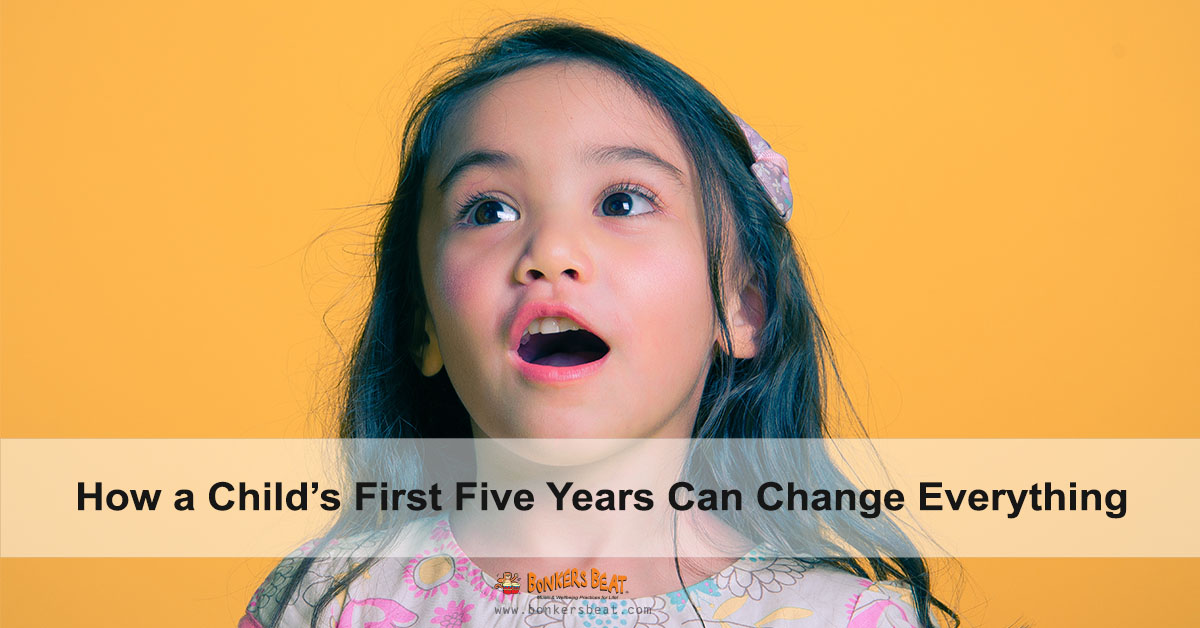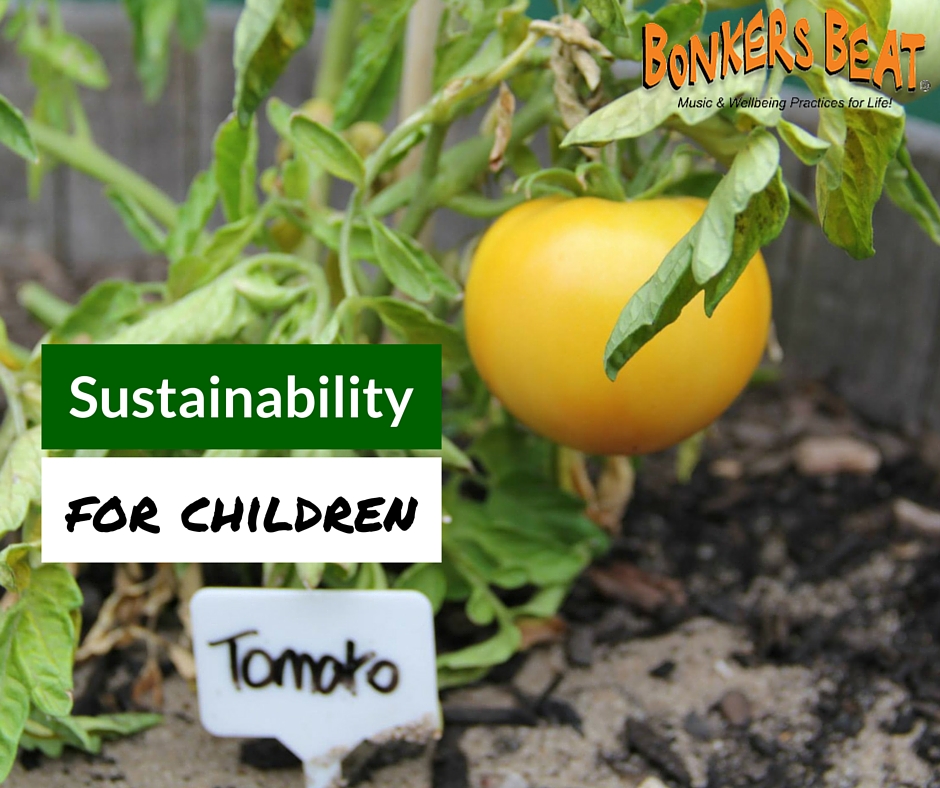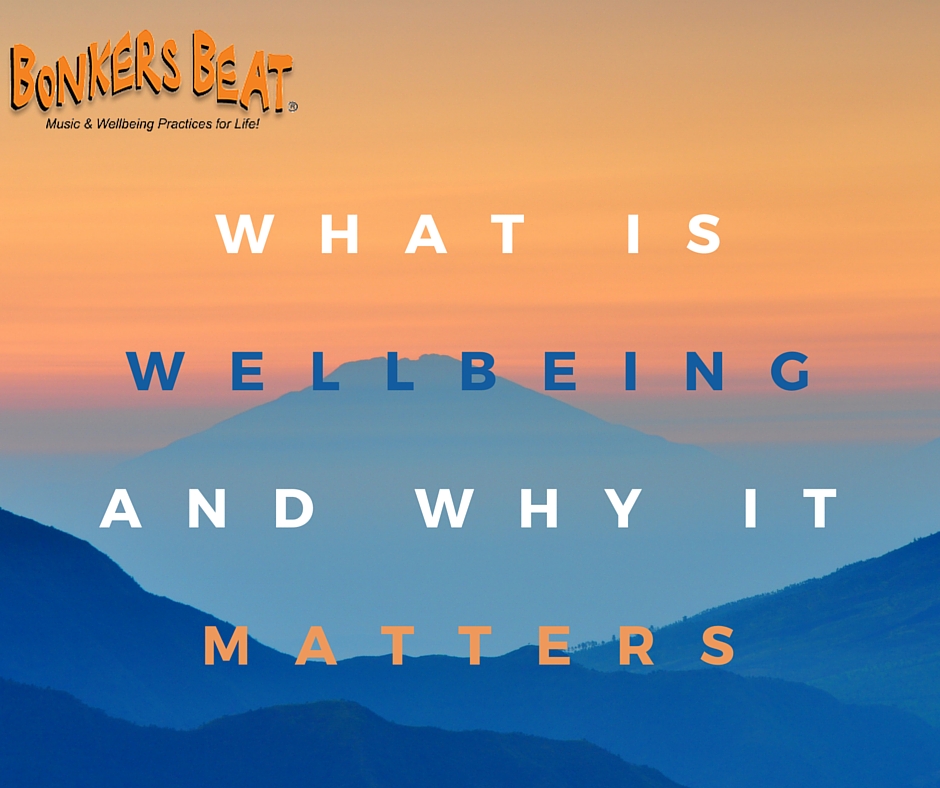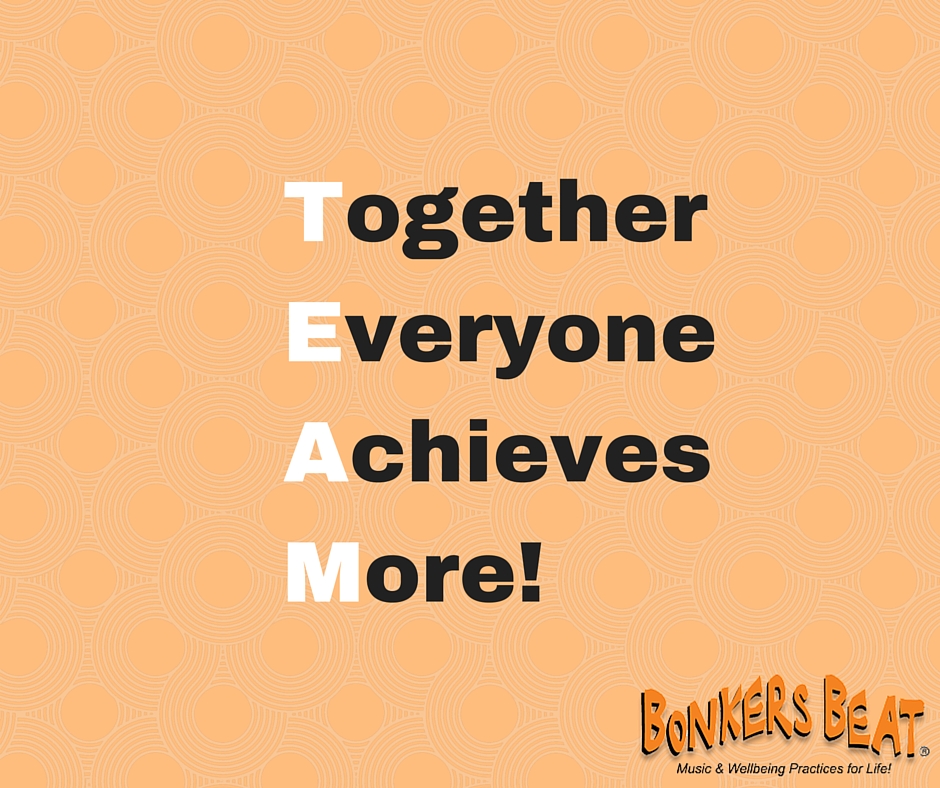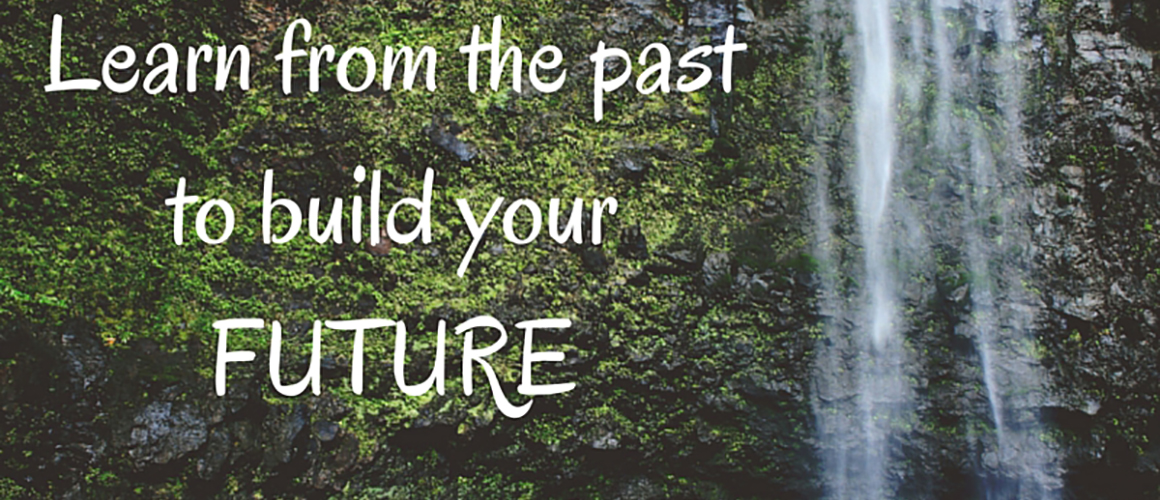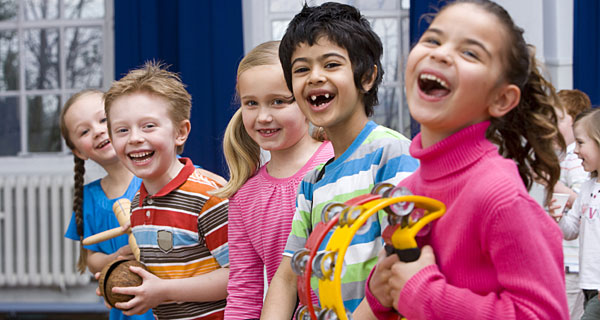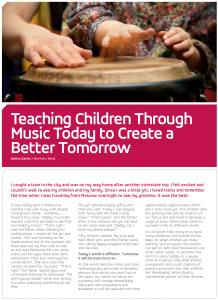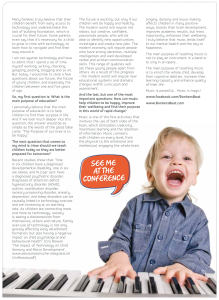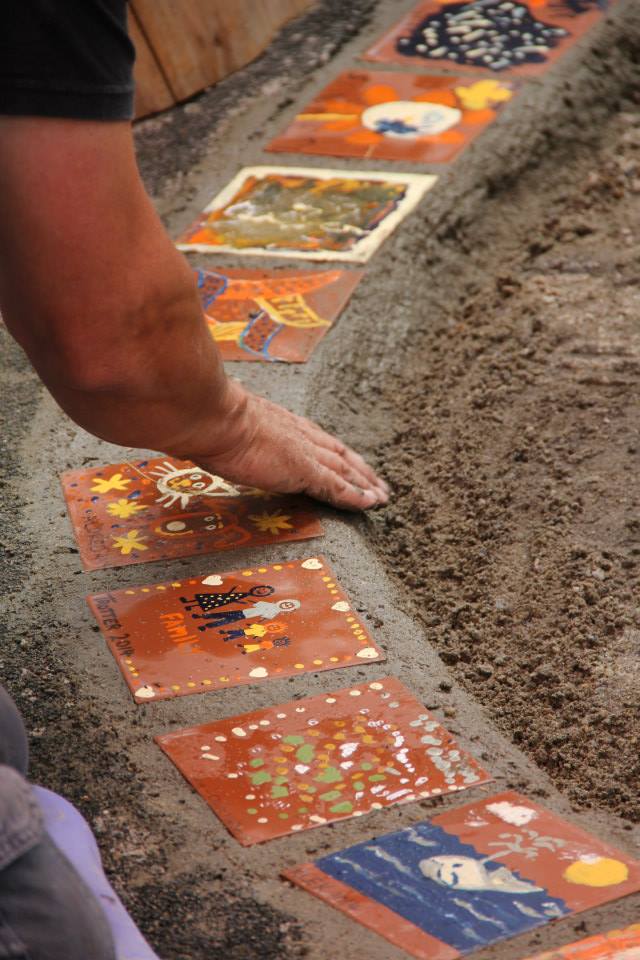The research is pretty conclusive – the first five years of a child’s life are the most important. This means early childhood education could be one of the most significant factors in life when it comes to determining a child’s future.
As National Youth Week approaches where we celebrate Australia’s youth aged 12-25 for a week-long initiative (April 8-17, 2016), it seems like a good time to consider the impact of those earlier years on how children will develop, and who they will become.
Laying Life’s Foundations
According to Goodstart Institute of Early Learning, 80 per cent of a child’s brain develops before they reach age 5, and the experiences they have during this time will shape the rest of their lives. With a child’s brain developing more rapidly from birth to 5-years old than any other time in their life, it is not surprising that, as Raising Children explains, this is when foundations for learning, health and behaviour throughout life are laid down.
During these first five years of life, various factors will influence a child’s development. Genetic factors, relationships, environmental elements… The latter two can both be impacted significantly by early childhood education, including both the educators themselves, the approach to learning and the facilities provided.
Holistic Approach – Teaching the Whole Child
With so many areas of a child’s development for parents and educators to nurture and optimise, it can seem almost impossible to support every area of learning for a child – let alone every day for those first five years! This is where music steps in. Countless studies show that partaking in musical activity in childhood helps to develop the whole brain – with amazing emotional, social and academic results (not to mention physical, through movement and dance!).
Music Every Day Made Simple
While many of the studies on the impact of creating music on the brain are based on learning an instrument in one or two lessons per week, it is clear that creating music with our voices and bodies via singing, clapping, clicking and stomping is closely related. I am dedicated to delivering a way that children can experience music activities from age two not only for 30 minutes twice a week, but every day.
The result of children’s involvement in making music is evident in their academic ability, behaviour and wellbeing. I see these outcomes on a daily basis, as do the educators at other centres implementing the Bonkers Beat music program across the country.
Find the Time to Enhance the First Five Years
Many educators feel that their days are just too busy to incorporate music into their daily routines, but these are just a few ideas of when you might use music. Here are some times when music can be slipped into the day with little to no effort to enhance children’s brains and learning:
-Smooth classical music – on arrival during family grouping time
-Transitional songs – during transition times
-Nursery songs and musical games – throughout the day
-Relaxation music – during rest time
-Classical music including Mozart – during art/craft sessions to stimulate creativity
-Yoga music – during stretching or yoga sessions
-Meditation music – during meditation, relaxation and breathing time
-Smooth classical music – on departure during family grouping time
-Multicultural and folk music – to encourage spontaneous dancing and bonding during family grouping time or community events
Make the Most of the First Five Years; Make Music
Incorporating music into early childhood can affect almost every aspect of children’s learning, from literacy and numeracy to coordination, wellbeing and everything in between. These benefits can last a lifetime. With the knowledge of just how incredibly important those first five years are, introducing singing and musical experiences designed to enhance children’s development is essential and will change a children’s lives for the better.

